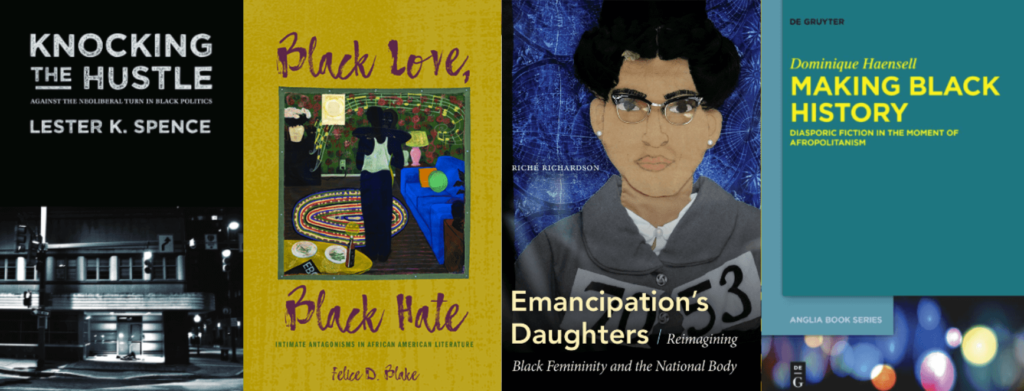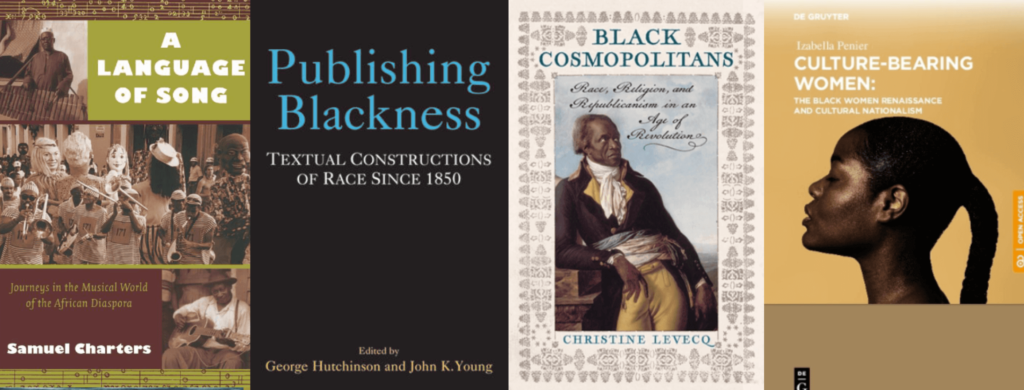In the academic year 2020/21, 39.4% of white graduates got a first class degree, compared with 20% of Black graduates, according to government statistics.
While the gap between white and Black graduates achieving a first or 2:1 has narrowed (from 26.2% in 2014/15 to 18.6% in 2020/21), there is still much work to be done to address the disparity in attainment.
For Black History Month, we look at how more diverse reading lists can foster student success and offer some suggestions for free eBooks from Kortext’s Open Resources Collection.
What does ‘decolonising reading lists’ mean?
The movement to decolonise the curriculum aims to increase representation, present alternative narratives and offer a more inclusive learning experience for all students.
One aspect of this involves decolonising reading lists. Why does this matter? Well, a study found that reading lists in UK universities are ‘dominated by white, male and Eurocentric authors’. Yet, over a quarter (27%) of students enrolling at UK universities in 2020/21 gave their ethnicity as Black, Asian, Mixed or Other, according to HESA data.
Given this, it’s important to curate learning resources that reflect the diversity of the student body, so ‘the reading list becomes a tool to represent student perspectives, histories and interests’. However, there’s no one-size-fits-all solution and what this looks like will vary from institution to institution.
Cost is often a factor for university libraries when considering resource acquisition, but open educational resources offer an economical way to explore new content without breaking the bank.
With that in mind, here are some titles from Kortext’s Open Resources Collection for inspiration.

Knocking the Hustle: Against the Neoliberal Turn in Black Politics by Lester K. Spence
In recent years, a wealth gap linked to the neoliberal shift has forced individuals to adopt entrepreneurial mindsets and reshaped institutions as businesses. Spence’s book addresses the impact of this on African American communities, challenging the notion of ‘hustling’ as empowering.
Black Love, Black Hate: Intimate Antagonisms in African American Literature by Felice D. Blake
Blake highlights representations of intraracial conflicts in Black literature, exploring literary criticism’s focus on Black solidarity. She shows how fiction serves as an alternative public sphere and a critical space for addressing complex issues within the Black community and reshaping social movements.
Emancipation’s Daughters: Reimagining Black Femininity and the National Body by Riché Richardson
This text explores how iconic Black women leaders have challenged racial stereotypes and constructed new narratives of Black womanhood in the United States. Richardson acknowledges the exclusion of Black queer and trans women, but suggests inclusive models of blackness, femininity, and democracy.
Making Black History: Diasporic Fiction in the Moment of Afropolitanism by Dominique Haensell
Haensell’s study suggests viewing Afropolitanism as a distinct historical and cultural moment which allows us to see how Africa is represented in the predominantly Western cultural landscape of the 21st century. It examines contemporary African or Black Diaspora fictions written in this content.

A Language of Song: Journeys in the Musical World of the African Diaspora by Samuel Charters
Charters recounts his experiences from 50 years of documenting African American music in various locations, from West Africa to the United States, Brazil, and the Caribbean. His travel narratives include encounters with legendary musicians and insights into the evolution of various musical styles.
Publishing Blackness: Textual Constructions of Race Since 1850 by George Hutchinson & John K. Young
This text explores how African American literature – from slave narratives to the Harlem Renaissance, the Black Arts Movement, and Oprah’s Book Club – has been uniquely shaped by the cultural power struggles inherent in literary production and haunted by the commodification of blackness.
Black Cosmopolitans: Race, Religion, and Republicanism in an Age of Revolution by Christine Levecq
Levecq explores the lives of three notable Black men in the eighteenth-century Atlantic world who made significant contributions to print culture. These men developed a cosmopolitan worldview rooted in civic virtue, connecting with Enlightenment ideals, Calvinism, the French Revolution, and freemasonry.
Culture-bearing Women: The Black Women Renaissance and Cultural Nationalism by Izabella Penier
This book explores the late 20th-century Black Women’s Renaissance, focusing on African American women’s novels from the 1980s. It examines the interaction between Black cultural nationalism and Black feminism, highlighting how the BWR emphasised the role of mothers in preserving cultural values.
Kortext’s Open Resources Collection comprises over 13,000 eBooks on a wide range of subjects from more than 300 publishers. If you’d like to find out more, please contact: support@kortext.com







